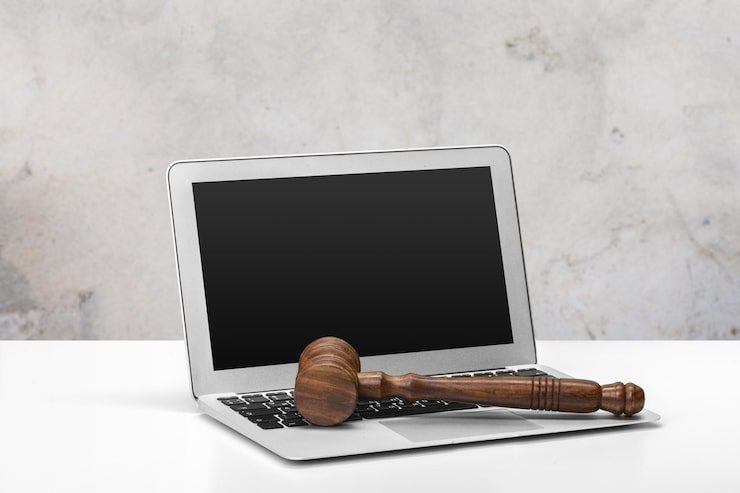Social media has revolutionized community building, idea sharing, and communication. It offers a powerful platform for free expression, but it also presents challenges when personal rights and legal boundaries intersect. From what individuals can say online to how their personal data is protected, social media law plays a key role in shaping both online speech and privacy rights. More and more courts have said that speech posted online can be taken seriously, just like speech in print media. Several high-profile cases in Florida have shown how closely digital speech is looked at by the law. Understanding these legal frameworks is essential for anyone who uses digital platforms regularly.
The Balance Between Free Speech And Legal Boundaries
Freedom of expression is often cited as the foundation of social media use. People post opinions, share news, and engage in debates every day. However, online speech is not without limits. Social media law restricts content that crosses into defamation, harassment, hate speech, or incitement of violence. Posts that harm reputations, threaten individuals, or promote illegal behavior can be subject to removal or even legal action.
The difficulty is striking a balance between accountability and candid communication. While users expect the freedom to speak their minds, platforms and legal systems must ensure that harmful speech does not infringe on the rights and safety of others. This balancing act makes social media law a constantly evolving area.
Defamation And Accountability Online
One area where social media law heavily influences speech is defamation. False or damaging statements about another person or business can spread rapidly online. Because social media posts are public and widely accessible, the consequences of defamatory remarks can be severe. Laws allow victims to pursue legal remedies, and courts increasingly treat online posts as they would traditional publications.
For users, this means being cautious about what they share and ensuring that any statements are factual. For those harmed, defamation laws offer a path to restoring reputation and accountability.
Privacy Rights In The Digital Age
Alongside freedom of expression, privacy is a major concern for social media users. Every click, post, or “like” leaves a digital footprint, often collected and stored by platforms. Social media law addresses how this data can be gathered, used, and shared. Users expect that their private information—such as messages, images, or personal details—will be safeguarded, yet breaches and misuse remain common concerns.
Privacy rights give individuals the ability to control how their data is handled. This includes transparency about what information is collected and the ability to limit or delete personal data. By enforcing standards for data protection, social media law helps users maintain control over their digital identity.
The Role Of Consent In Privacy
The key to protecting privacy is consent. Users frequently accept terms and conditions that specify how their data will be used when they sign up for platforms. However, many fail to fully understand these agreements. Social media law emphasizes the importance of clear consent, requiring platforms to inform users in plain language about data collection practices. Without informed consent, companies risk legal challenges and loss of user trust.
Online Harassment And Legal Protections
Another way social media law shapes speech and privacy is through protections against online harassment. Abusive messages, threats, or targeted campaigns can harm mental health and safety. Laws provide recourse for victims, allowing them to take legal action against perpetrators. Platforms also enforce their own policies, but legal frameworks ensure accountability when abuse crosses into criminal behavior. These protections reinforce that while speech is free, it must respect the rights and dignity of others.
Implications For Businesses And Content Creators
For businesses and influencers, social media law impacts branding, advertising, and user interaction. Misleading claims, improper use of copyrighted content, or mishandling of consumer data can lead to legal consequences. Businesses must balance promotional speech with compliance, while creators must protect both their content and their audiences.
Conclusion
Social media law shapes the digital world by balancing freedom of expression with the need for privacy and accountability. It ensures that online speech remains open but not harmful, and that personal data is protected against misuse. For users, businesses, and creators alike, understanding these rules is key to navigating social platforms responsibly. The importance of the law in regulating speech and privacy will only increase as social media usage grows, as it is essential to creating secure and equitable online environments.





























